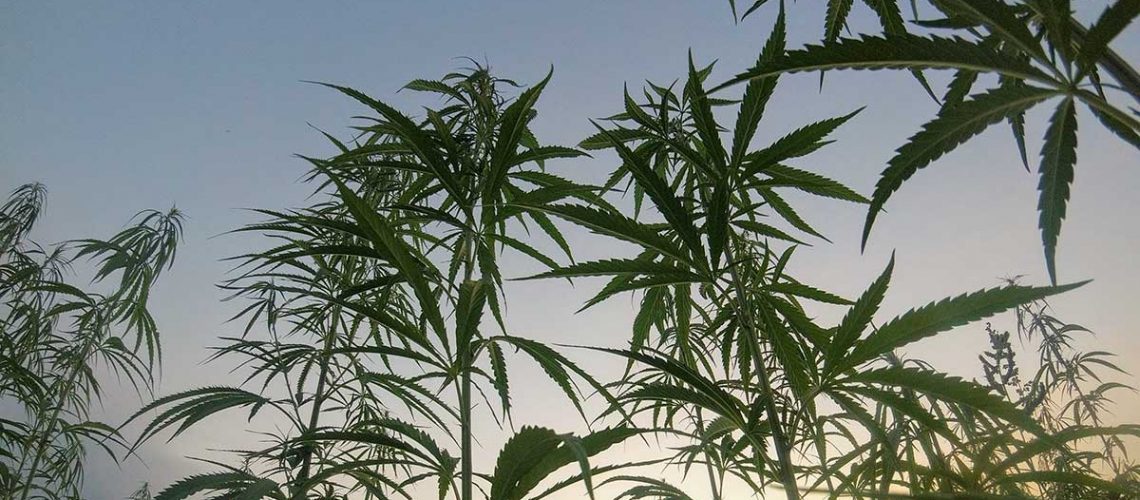CBD, or cannabidiol, is a substance that comes from the Cannabis sativa plant. Though it stems from the same source as the recreational marijuana that “stoners” love, it’s non-psychoactive and non-addictive.
The natural compound has shown promising results in treating a wide variety of conditions like epilepsy, post-traumatic stress disorder, inflammation, arthritis, depression, muscle spasms and more.
Recently, the U.S. Food and Drug Administration held its first hearing on CBD to debate how it will be regulated.
During the discussion, some government officials expressed concern over its newfound popularity.
“There are real risks associated with [THC and CBD], and critical questions remain about the safety of their widespread use in foods and dietary supplements,” said acting FDA Commissioner Ned Sharpless during the hearing. “While we have seen an explosion of interest in products containing CBD, there is still much that we don’t know. What if someone applies a topical CBD lotion, consumes a CBD beverage or candy and consumes some CBD oil? How much is too much?”
The Agriculture Improvement Act of 2018, also known as the 2018 Farm Bill, legalized the selling of consumer products that originate from hemp. This means that any extract of the plant can be used as long as the THC content remains at 0.3 percent or less. “Hemp” describes a specific strain of the Cannabis sativa plant that’s manufactured for industrial use – it typically contains extremely low THC levels and higher amounts of cannabidiol.
The demand for products containing CBD has greatly increased since the passing of the 2018 Farm Bill last December. Some users tout cannabidiol as nothing short of a miracle worker, saying it has helped improve sleep disorders, arthritis, epilepsy, depression and more.
While a healthy dose of skepticism should accompany the introduction of any new “miracle” drug, multiple cannabidiol studies have shown potential for the hemp-based substance.
A recent trial found that CBD relieved some symptoms in patients suffering from post-traumatic stress disorder, or PTSD. Researchers gave varying doses of CBD to 11 patients who also received routine psychiatric medications and therapy for two months.
At the end of the experiment, 10 out of 11 patients reported a decrease in the severity of their PTSD symptoms. Some also said they experienced less frequent nightmares associated with their PTSD.
In another study, CBD helped relieve symptoms in patients suffering from social anxiety disorder, which causes people to experience crippling fear or embarrassment during social interactions.
Multiple states and cities are jumping on the CBD bandwagon, and stores selling CBD products are popping up across the U.S.
The Transportation Security Administration even changed a previous policy that banned passengers from bringing CBD-based products onto commercial flights, as long as the items are approved by the FDA.
Whether or not skeptics believe the hype surrounding CBD, we’re sure of one thing – cannabidiol isn’t going away anytime soon.


